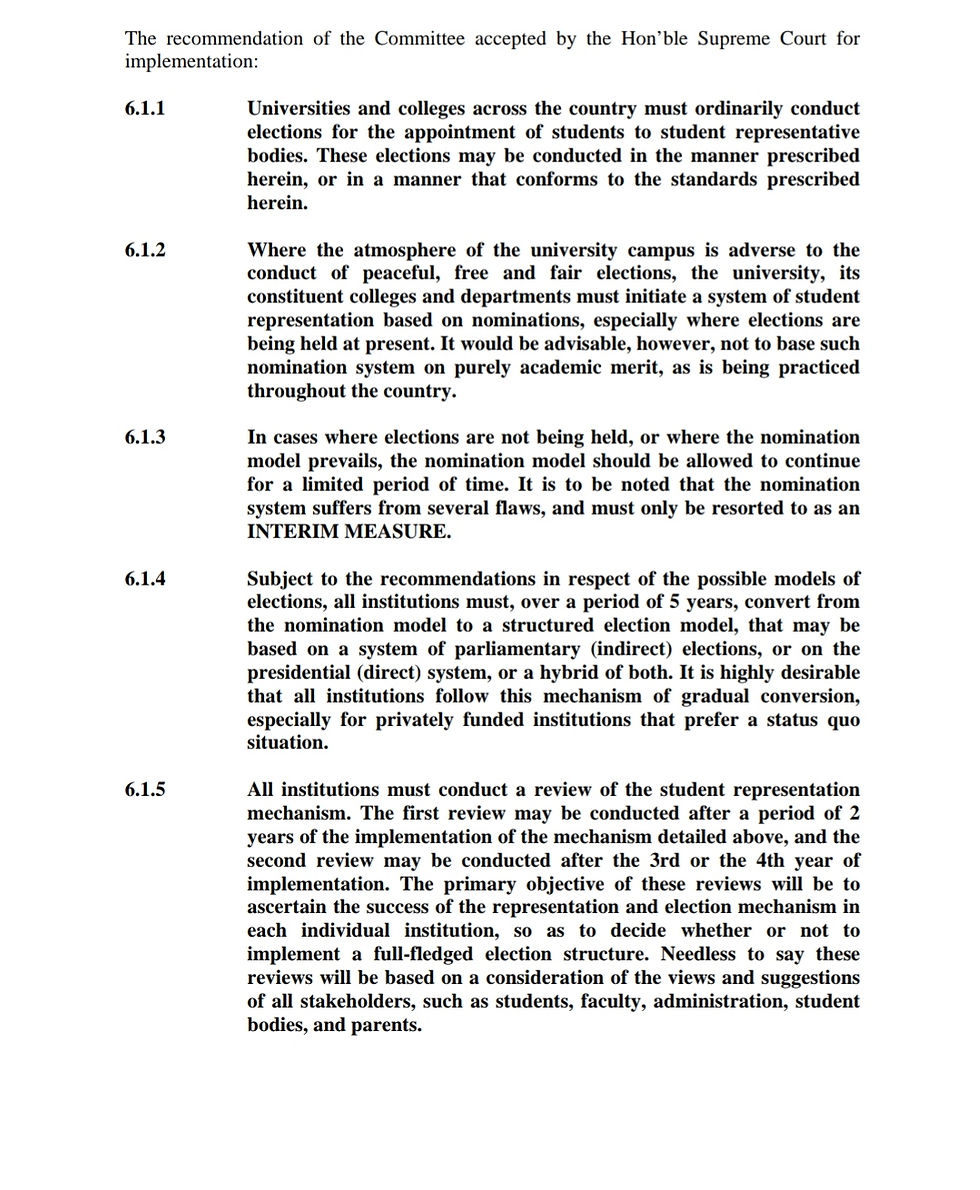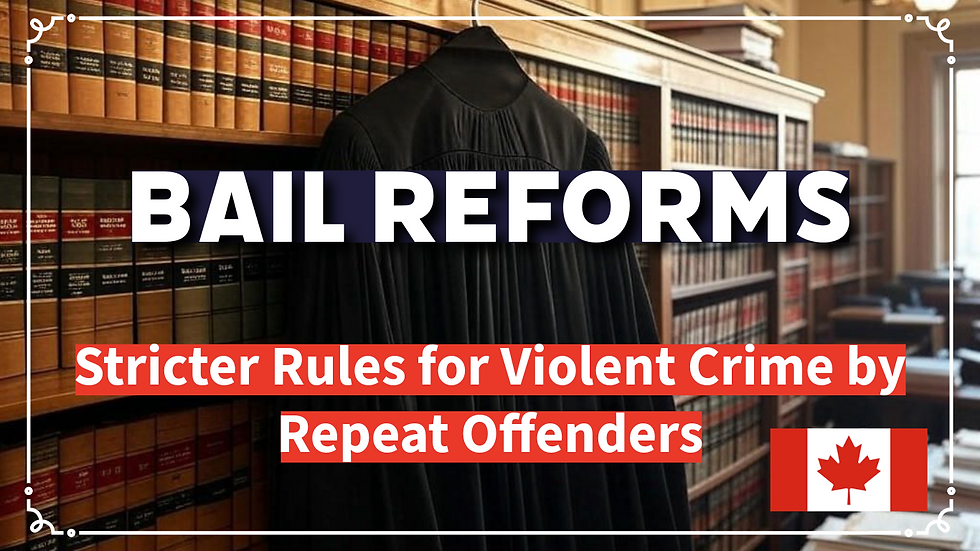College Elections : Lyngdoh Commission
- M.R Mishra

- Jun 12, 2024
- 1 min read
The Lyngdoh Committee report outlines several key recommendations for conducting student elections in Indian universities and colleges, accepted by the Hon’ble Supreme Court. Here are the main points:

1. Conduct of Elections: Universities and colleges must conduct elections for student representative bodies. This can be done through direct or indirect election models, depending on the institution's size and structure.
2. Nomination System: In cases where elections are not feasible due to adverse conditions, a nomination system can be used temporarily, with a shift to elections within five years.
3. Disassociation from Political Parties: Only students on the rolls of the institution can participate in the election process, ensuring no involvement of external political parties.
4. Frequency and Duration: Elections should be held annually within 6-8 weeks from the start of the academic session, with the entire process not exceeding 10 days.
5.

Eligibility Criteria: Candidates must meet age limits (17-22 for undergraduates, 24-25 for postgraduates, 28 for research students), have no academic arrears, meet attendance requirements, and have no criminal record.
6. Financial Accountability: Campaign spending is capped at Rs. 5000 per candidate, with mandatory submission and public disclosure of audited accounts.
7. Code of Conduct: Candidates must avoid activities that create divisions, refrain from using printed materials except handmade posters, and adhere to rules regarding public meetings and canvassing

8. Grievance Redressal Mechanism: Institutions must have a Grievance Redressal Cell to address election-related complaints, which can prosecute violators and oversee financial reporting.

These recommendations aim to ensure fair, transparent, and politically neutral student elections, fostering a democratic environment on campuses






Comments